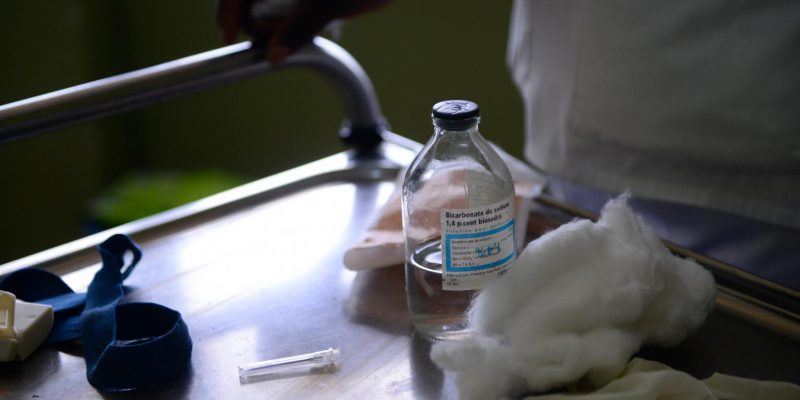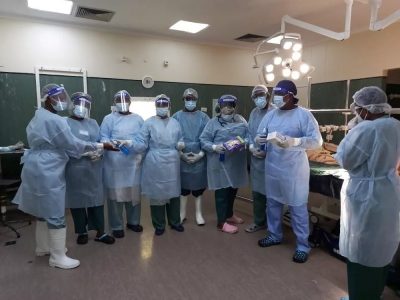The Government of Japan has committed USD 633,975 to strengthen access to safe, timely and affordable Surgical, Obstetric and Anaesthesia (SOA) care services in Manicaland and Matabeleland North Provinces.
The project will be implemented by the Ministry of Health and Child Care (MoHCC) in partnership with the World Health Organization (WHO).
The funding from the Japanese Government will support SOA care services for everyone in need of care at all levels.
It will also build the capacity of critical specialist health workers providing SOA services in Zimbabwe, provide basic and critical SOA equipment and consumables at selected high-burden secondary-level health facilities, and strengthen the national Health Management Information Systems (HMIS) to allow effective decision-making.
It is expected that, by the end of 2023, a significant number of patients in need of surgical care services will have received high quality care.
The Ambassador of Japan to Zimbabwe, H.E Mr. Satoshi Tanaka, reaffirmed Japan’s commitment to supporting Zimbabwe’s healthcare system.
“Japan will support Zimbabwe’s efforts to attain Universal Health Coverage (UHC) by strengthening access to safe, timely and affordable SOA care, for which there is a dire need,”he said .
Zimbabwe is currently experiencing challenges in providing SOA care services owing to lack of surgical equipment, shortage of medicines, consumables, and sundries essential for SOA care services. This has seen in a decline in essential surgical procedures being done in hospitals across the country and resulting in long waiting lists.
The Permanent Secretary for MoHCC, Dr Jasper Chimedza, highlighted that MoHCC is committed to ensuring that every person in need of SOA services receive quality and timely care at all levels of the healthcare system.
The supplementary budget funding from Japan will make a significant contribution in the delivery of quality surgical care services in Zimbabwe. Essential surgical and anaesthetic care is an indispensable component of UHC.
An estimated 845 631 people are expected to access emergency surgical services by end of 2023 through the proposed interventions in this project.









Comments